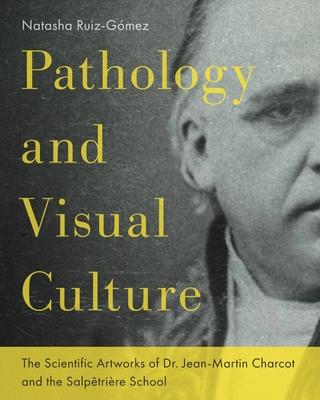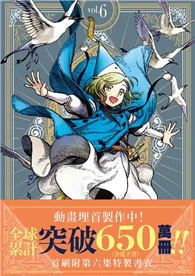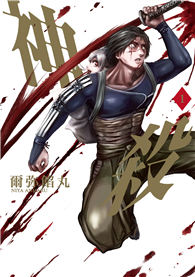In this book, Natasha Ruiz-Gómez delves into an extraordinary collection of pathological drawings, photographs, sculptures, and casts created by neurologists at Paris’s Hôpital de la Salpêtrière in the nineteenth century. Led by Dr. Jean-Martin Charcot (1825-1893) and known collectively as the Salpêtrière School, these savants-artistes produced works that demonstrated an engagement with contemporary artistic discourses and the history of art, even as the artists/clinicians professed their dedication to absolute objectivity.
During his lifetime, Charcot became internationally famous for his studies of hysteria and hypnosis, establishing himself as a pioneer in modern neurology. However, this book brings to light the often-overlooked contributions of other clinicians, such as Dr. Paul Richer, who created "scientific artworks" that merged scientific objectivity with artistic intervention. Challenging conventional interpretations of visual media in medicine, Ruiz-Gómez analyzes how these images and objects documented symptoms and neuropathology while defying disciplinary categorization.
Grounded in extensive archival research, Pathology and Visual Culture targets an international audience of historians and students of art, visual culture, medicine, and the medical humanities. It will also captivate neurologists and anyone interested in fin-de-siècle French history and culture.












